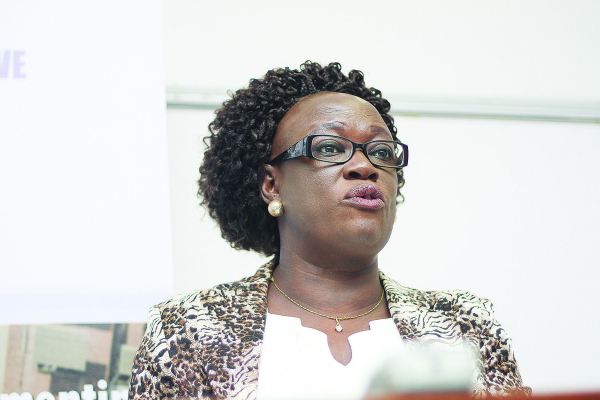
THE Zimbabwe Peace Project (ZPP) revealed that the political environment ahead of yesterday’s polls has been tense and volatile across the political divide despite the peaceful campaigns, with traditional leaders implicated in intimidation cases.
BY SILAS NKALA
In a report released yesterday, ZPP said: “The political environment has since January been tension-laden, volatile, competitive within and across political parties, at times leaving people on the edge and unpredictable. The murder of a toddler in Mazowe, the explosion at a Zanu PF rally in Bulawayo and the bloody encounters within political parties stand out. While all this has been happening, the environment leading up to the polls has been relatively peaceful. “The highest number of violations was recorded in Manicaland, Mashonaland Central, Midlands and Harare. The southern part of the country namely Bulawayo, Matabeleland North and South had the lowest number of violations. In Manicaland, 62 violations were recorded in January which was a peak compared with the lowest number of 19 in June. In Mashonaland Central, violations peaked in March at 53 and the lowest figure was 26 in May.”
ZPP said Harare’s violations peaked in May and June at 28, with the lowest figure at 14 in April.
“In Midlands, violations peaked in May at 29 violations … In Bulawayo, violations peaked in March at 16 while the lowest figure was recorded in January at zero. In Matabeleland North, violations peaked in July at 16 violations while the highest figure for July violations in Matabeleland South was 9. In July, the highest number of violations was reported in Manicaland at 30 and the lowest in Matabeleland North at 9,” ZPP reported.
“Violations in Mashonaland Central peaked in March when Zanu PF held its primary elections. This mirrored the unresolved factional fights pitting Lacoste against G40 … In Harare, the violations peaked during the opposition MDC Alliance primary elections.
“Intimidation was high during the month of June. To date, there is a decrease of 2% in intimidation cases from 68% of all cases reported in June to 66% in July. These figures remain high considering that there have been measures to curb election related intimidation and harassment. Zanu PF has been the lead perpetrator of intimidation and harassment responsible for 83% of the violations while MDC Alliance was responsible for 11 %.”
ZPP said traditional leaders made up 4% of the perpetrators. Some of the notable cases of intimidation were the abduction of Peter Machoba in Chimanimani by a war veteran, who was arrested.
- Chamisa under fire over US$120K donation
- Mavhunga puts DeMbare into Chibuku quarterfinals
- Pension funds bet on Cabora Bassa oilfields
- Councils defy govt fire tender directive
Keep Reading
“In Manicalanad, Nyasha Marange, the son of the chief, threatened villagers with violence similar to what was experienced in 2008. Voters are also being warned to avoid a runoff situation if they do not want a repeat of the 2008 violence. The intimidation has also taken a new twist with villagers being told that they will be led to the polling station by traditional leaders where they will stand in a particular order based on the numbered cards they will receive or alternatively being told to ask to be assisted to vote. Such cases have been reported in most areas in the country,” ZPP reported.
“In Hurungwe West villagers have taken up these intimidation cases to the police for the perpetrators to be brought to book. In some communities in Gokwe South and Guruve for example there are complaints about traditional leaders taking up roles as polling agents in the elections which in itself is an intimidatory tactic and which will rob villagers in affected areas the right to vote freely.”
The ZPP said it had noticed continued impunity and the disregard of mechanisms put in place to curb political violence by some activists and traditional leaders.
“Victims are not yet fully confident with the conflict resolution mechanisms as seen by high number reports to ZPP with victims pointing out they fear reporting to the police,” ZPP reported.







